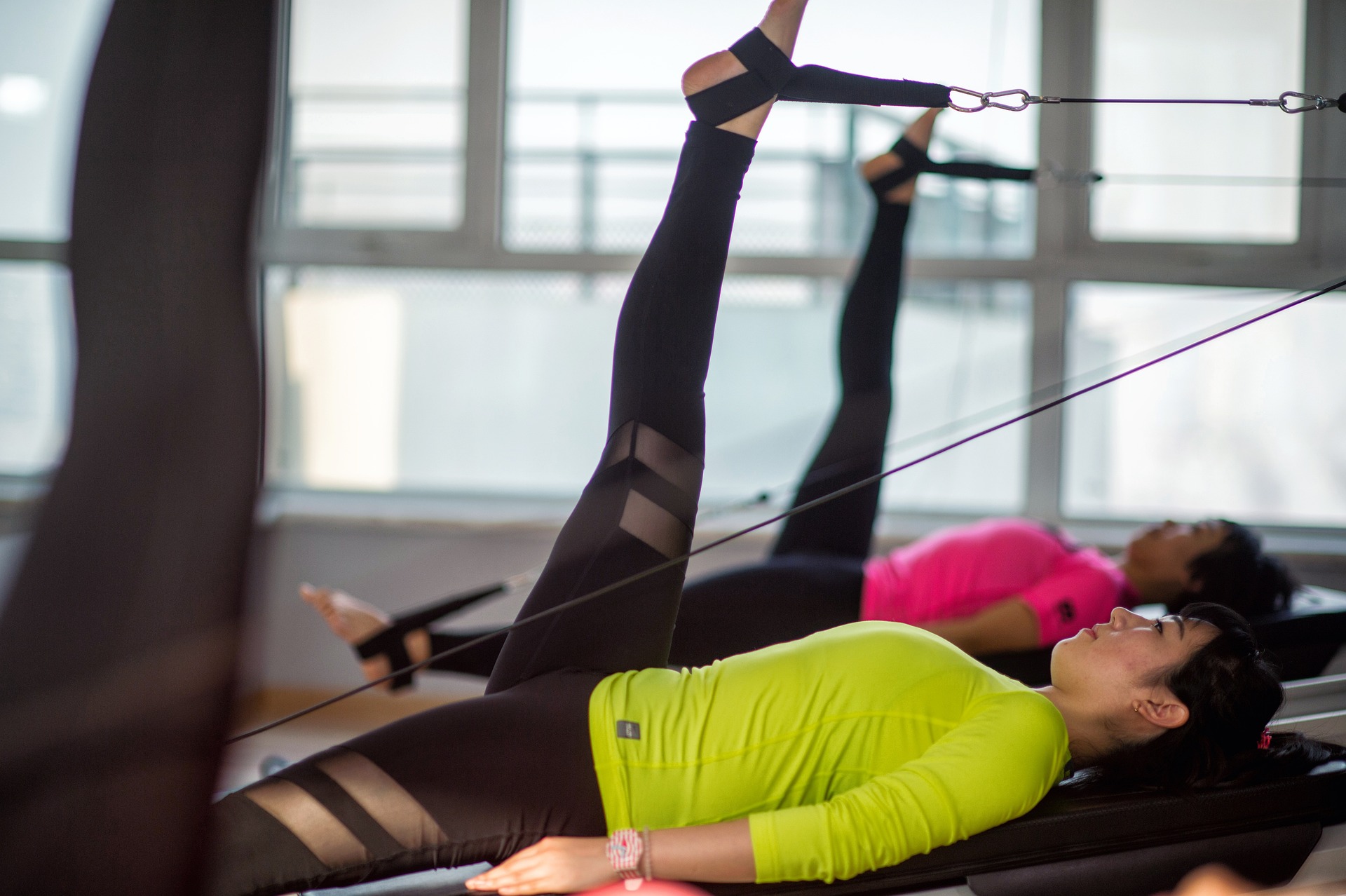Is Pilates Good for Pregnant Women? – A Comprehensive Guide

During pregnancy, maintaining a healthy lifestyle is crucial for both the expectant mother and her baby. Prenatal exercises can play a significant role in promoting physical well-being, reducing discomfort, and preparing for childbirth. One such exercise option that has gained popularity among pregnant women is Pilates. In this article, we will explore whether Pilates is good for pregnant women, shedding light on its benefits, potential risks, and offering expert advice on incorporating Pilates into your pregnancy fitness routine.
Understanding Pilates for Pregnant Women
Pilates is a low-impact form of exercise that focuses on strengthening the core muscles, improving flexibility, and enhancing overall body alignment and posture. It involves controlled movements, precise breathing techniques, and mind-body awareness. For expectant mothers, Pilates can be adapted to accommodate the changes occurring in the body during pregnancy, making it a potentially suitable exercise option.
Benefits of Pilates for Pregnant Women
Pilates offers a plethora of benefits for pregnant women, including:
- Core Strength: Strengthening the core muscles helps support the spine, reduce back pain, and improve stability during pregnancy.
- Pelvic Floor Strengthening: Pilates exercises can target the pelvic floor muscles, which play a vital role in childbirth and postpartum recovery.
- Flexibility: Improved flexibility can alleviate muscle tension and enhance mobility as the body undergoes changes.
- Better Posture: Pilates promotes good posture, which is essential for reducing strain on the back and neck during pregnancy.
- Mind-Body Connection: Practicing Pilates encourages mindfulness and relaxation, which can be beneficial for managing stress and anxiety during pregnancy.
Pre and Post Natal Pilates vs. Regular Pilates
One common question among expectant mothers is whether maternity Pilates differs significantly from regular Pilates. While the underlying principles of Pilates remain the same, Pre and Post Natal Pilates focuses on modifications and exercises tailored to the needs and safety of pregnant women. These modifications consider the changing body shape, potential risks, and specific health considerations during pregnancy.
When to Start Pilates During Pregnancy
If you’re considering starting Pilates during pregnancy, it’s essential to consult your healthcare provider first. In most cases, if you have been practicing Pilates regularly before pregnancy and have a low-risk pregnancy, you can continue with modifications. For beginners, it’s generally recommended to start after the first trimester, as the risk of complications is lower.
Best Practices for Pilates During Pregnancy
When participating in Pilates during pregnancy, it’s crucial to follow some best practices:
- Qualified Instructor: Ensure you work with a certified prenatal Pilates instructor who is experienced in guiding pregnant women through safe exercises.
- Avoid Supine Positions: After the first trimester, avoid exercises that require lying flat on your back, as it may compress the vena cava, affecting blood flow.
- Listen to Your Body: Pay attention to how your body feels during the exercises and make modifications or take breaks as needed.
- Stay Hydrated: Drink plenty of water before, during, and after your Pilates sessions.
Pilates and Pregnancy-Related Discomfort
One of the reasons pregnant women turn to Pilates is to alleviate common pregnancy discomforts. Pilates can help reduce back pain, improve digestion, and alleviate leg cramps, making the pregnancy journey more manageable and comfortable.
Potential Risks and Precautions
While Pilates is generally considered safe for pregnant women, there are some risks and precautions to keep in mind:
- Overexertion: Avoid overexerting yourself during Pilates sessions, as pregnancy already puts additional stress on the body.
- Diastasis Recti: If you have diastasis recti (separation of abdominal muscles), some Pilates exercises may need modification.
- Balance Issues: As the center of gravity shifts during pregnancy, be cautious during standing and balance-related exercises.
Third Trimester Pilates
As you progress into the third trimester, your Pilates routine may require further adjustments. Third-trimester Pilates often focuses on gentle movements, pelvic floor exercises, and preparation for labor and delivery.
FAQs: Frequently Asked Questions about Pilates and Pregnancy
Q: Can beginners start Pilates during pregnancy?
Yes, beginners can start Pilates during pregnancy, but it’s advisable to seek guidance from a certified prenatal Pilates instructor.
Q: How often can I do Pilates during pregnancy?
The frequency of Pilates sessions can vary based on your fitness level and doctor’s recommendations. Typically, 2-3 sessions per week are considered safe.
Q: Is it safe to do Pilates at home during pregnancy?
While it’s possible to do Pilates at home, it’s best to attend classes with a qualified instructor, especially during pregnancy.
Q: Can Pilates help with pregnancy-related back pain?
Yes, Pilates can help strengthen core muscles and improve posture, potentially reducing pregnancy-related back pain.
Q: Are there any Pilates exercises to avoid during pregnancy?
Avoid exercises that involve lying on your back after the first trimester and any movements that cause discomfort.
Q: Can Pilates help with postpartum recovery?
Yes, Pilates can aid in postpartum recovery by strengthening the core and pelvic floor muscles.
Conclusion
In conclusion, Pilates can be a valuable addition to the fitness routine of pregnant women. When performed under the guidance of a qualified instructor and with necessary modifications, Pilates offers numerous benefits, including improved core strength, flexibility, and better posture. However, it’s essential to listen to your body and consult your healthcare provider before starting any exercise program during pregnancy.
Remember, every pregnancy is unique, and what works for one may not work for another. So, embrace the changes in your body, stay mindful, and focus on maintaining a healthy and happy pregnancy through the practice of Pilates.
If you’re looking to try pilates for pregnant women, you can visit LIMITLESS Physiotherapy Pilates and Massage. Click here to book your appointment.
